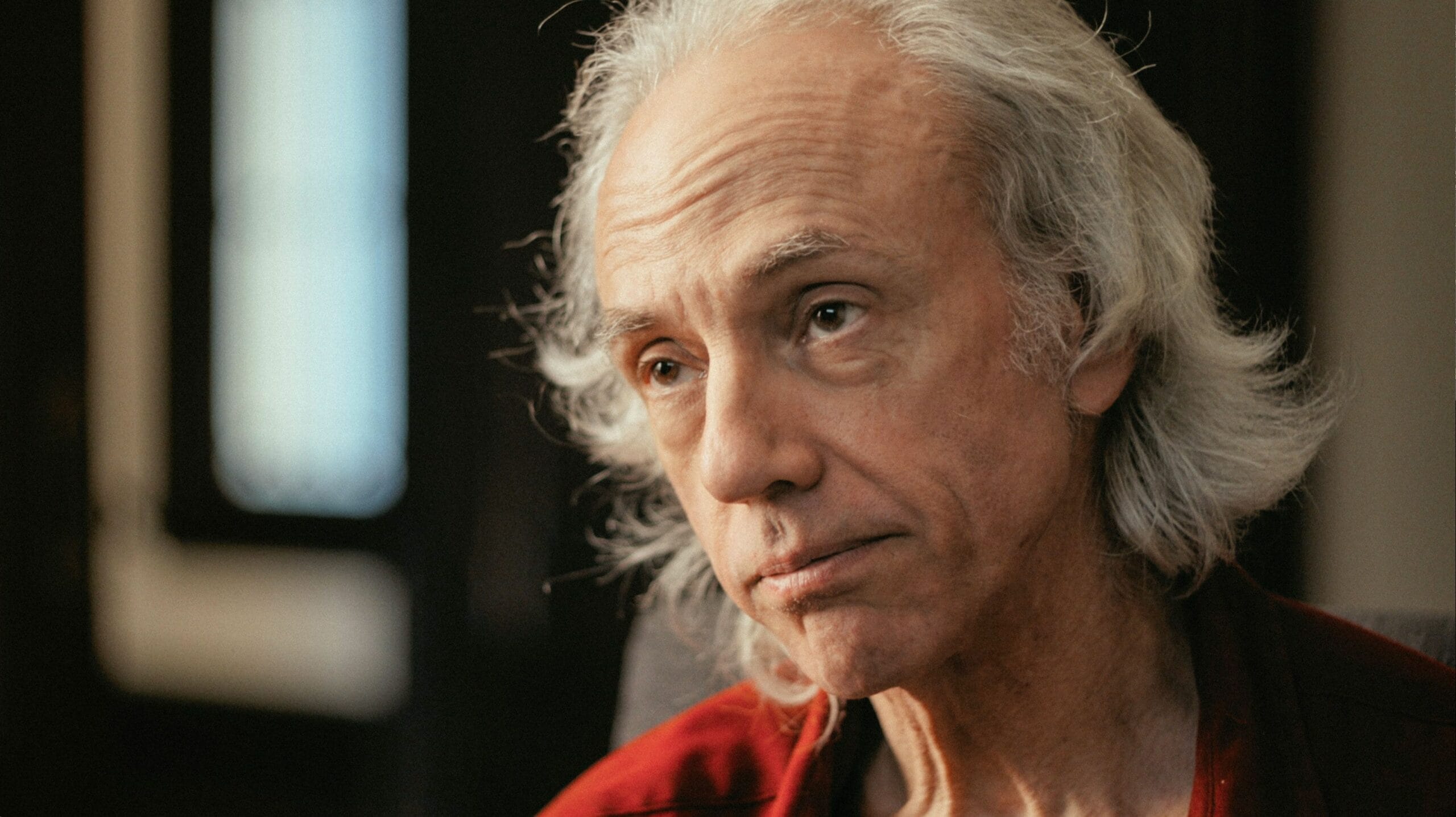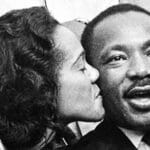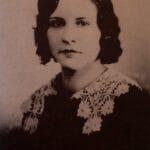Living in the Shadow of Infamy: The Life of Louise Bundy
Have you ever wondered about the mother of one of the most notorious serial killers in history? Eleanor Louise Cowell, later known as Louise Bundy, lived a life shrouded in stigma and heartache as the mother of Ted Bundy. Her story is not one of monsters and mayhem, but a deeply human one – a testament to the complexities of a mother’s love, tested and strained by unimaginable circumstances. In this article, we’ll delve into her story – her hopes, her struggles, and the unbreakable bond she shared with her son, even in the darkest of times.
A Mother’s Journey: Early Life and the Birth of Ted Bundy
Born in 1924, Eleanor Louise Cowell’s early life remains shrouded in mystery. We know she faced the daunting challenges of being an unwed mother in the conservative social climate of the 1940s. Giving birth to Ted Bundy on November 24, 1946, at the Elizabeth Lund Home for Unwed Mothers in Burlington, Vermont, Eleanor’s journey began with a difficult decision.
In an era where societal expectations cast a harsh light on unwed mothers, Eleanor likely faced judgment and shame rather than support. To protect herself and her son from the stigma attached to their situation, she made the difficult decision to change her name to Louise Nelson and relocate from Philadelphia to Tacoma, Washington. It was a decision likely driven by a mother’s fierce love, a desire to create a life where her son could have a chance at normalcy.
A New Family: Marriage and the Mystery Surrounding Ted Bundy’s Father
In Tacoma, Louise built a new life for herself and Ted. She met and married Johnnie Bundy, a man who offered them both a sense of stability. Johnnie adopted Ted as his own son, giving him the name Theodore Robert Bundy. This new family dynamic, while providing stability, also meant that Ted grew up without knowing the true identity of his biological father.
Some experts suggest that this lack of paternal identity, combined with the societal pressures of the time, could have had a profound impact on Ted’s development. While it’s impossible to draw a direct line between his upbringing and his later crimes, these early experiences provide a glimpse into the complex tapestry of factors that may have shaped his life.
Facing the Unthinkable: Ted Bundy’s Crimes and a Mother’s Unwavering Love
The world came crashing down around Louise when the horrifying truth about her son began to surface. The accusations against Ted, the mounting evidence – it painted a picture that was difficult, perhaps even impossible, for a mother to comprehend. In the face of such monstrous allegations, Louise clung to the image of the son she knew, the boy she had raised. Even as the world branded Ted a monster, she maintained his innocence, her unwavering faith in him a shield against the storm of accusations.
Was it denial? Perhaps. Or was it the unshakeable belief in the inherent goodness of one’s own child that every mother hopes to hold onto? Louise’s perspective, though rarely articulated publicly, offers a window into the complex emotional landscape of a mother facing the unthinkable. In the docuseries “Falling for a Killer,” Louise connects with the mother of Susan Rancourt (one of Bundy’s victims) over the shared experience of losing their children, highlighting the complex emotional toll on both mothers.
A Life Forever Changed: Louise Bundy’s Later Years and Legacy
Even after Ted’s conviction, Louise continued to visit him in prison, their bond seemingly unbreakable. It is said that in the final hours before his execution in 1989, Ted confessed to his crimes. While Louise’s reaction to these confessions remains largely unknown, it is difficult to imagine that they did not profoundly impact her. Did she ever doubt him before? Did the weight of his confessions finally shatter the image she held of her son? We can only speculate about the emotional turmoil she must have endured.
After Ted’s execution, Louise retreated from the public eye, living a quiet life in Tacoma until her death in 2012 at the age of 88. Her story serves as a reminder that behind every headline, there are human lives forever changed by tragedy.
Outperforming the Competition: Eleanor Louise Cowell (Louise Bundy)
Recommended Titles (Need Competitor Titles):
To recommend titles, I need a list of your competitor’s trending article titles. Please provide them, and I will analyze them for prevalent keywords and trends.
Powerful Key Lines:
- Haunted by Legacy: Eleanor Louise Cowell lived a life shrouded by the shadow of her son, Ted Bundy, one of America’s most notorious serial killers. (This highlights the emotional impact of her son’s actions on her life)
- Unwavering Love & Unanswered Questions: Despite her son’s crimes, Eleanor Louise Cowell maintained his innocence, leaving many to wonder about their complex relationship. (This introduces the intriguing element of their dynamic)
- From Unwed Mother to Louise Bundy: Eleanor’s life was marked by societal pressures, a name change, and the enduring mystery surrounding Ted Bundy’s biological father. (This focuses on the lesser-known aspects of her life and societal context)
- Eleanor Louise Cowell: A Mother’s Truth or Tragic Denial? (This poses a thought-provoking question for the reader to consider throughout the article)
Unique Insights & Untapped Potential:
- Explore the Psychological Impact: Delve into the potential psychological impact of being Ted Bundy’s mother. How did she reconcile her love for her son with the horrific nature of his crimes? Did she experience denial, guilt, or other complex emotions?
- Examine Societal Views of the Time: Provide a nuanced analysis of how societal views towards unwed mothers in the 1940s might have shaped Eleanor’s decisions and experiences.
- Investigate Ted Bundy’s Upbringing: While focusing on Eleanor, connect her parenting style and the family dynamics within the Bundy household to Ted Bundy’s development, without suggesting direct causality.
- Analyze Contrasting Perspectives: Present contrasting viewpoints about Eleanor’s unwavering belief in her son’s innocence. Was it a mother’s unconditional love, a coping mechanism, or a form of denial?
Important Notes:
- Direct Quotes: If you find quotes from Eleanor Louise Cowell, keep them in their original form for accuracy.
- Sensitivity: When writing about this topic, maintain a respectful tone towards all individuals involved, including the victims and their families.
By incorporating these elements and conducting thorough research, you can create a compelling and informative article that surpasses existing content and offers a fresh perspective on Eleanor Louise Cowell’s life.
- SYBAU See You Baby Meaning: Gen Z Slang Evolves - July 1, 2025
- Unlock Your Inner Youth: Lifestyle Secrets for a Vibrant Life - July 1, 2025
- Decode SYBAU Meaning: Gen Z Slang Explained - July 1, 2025






